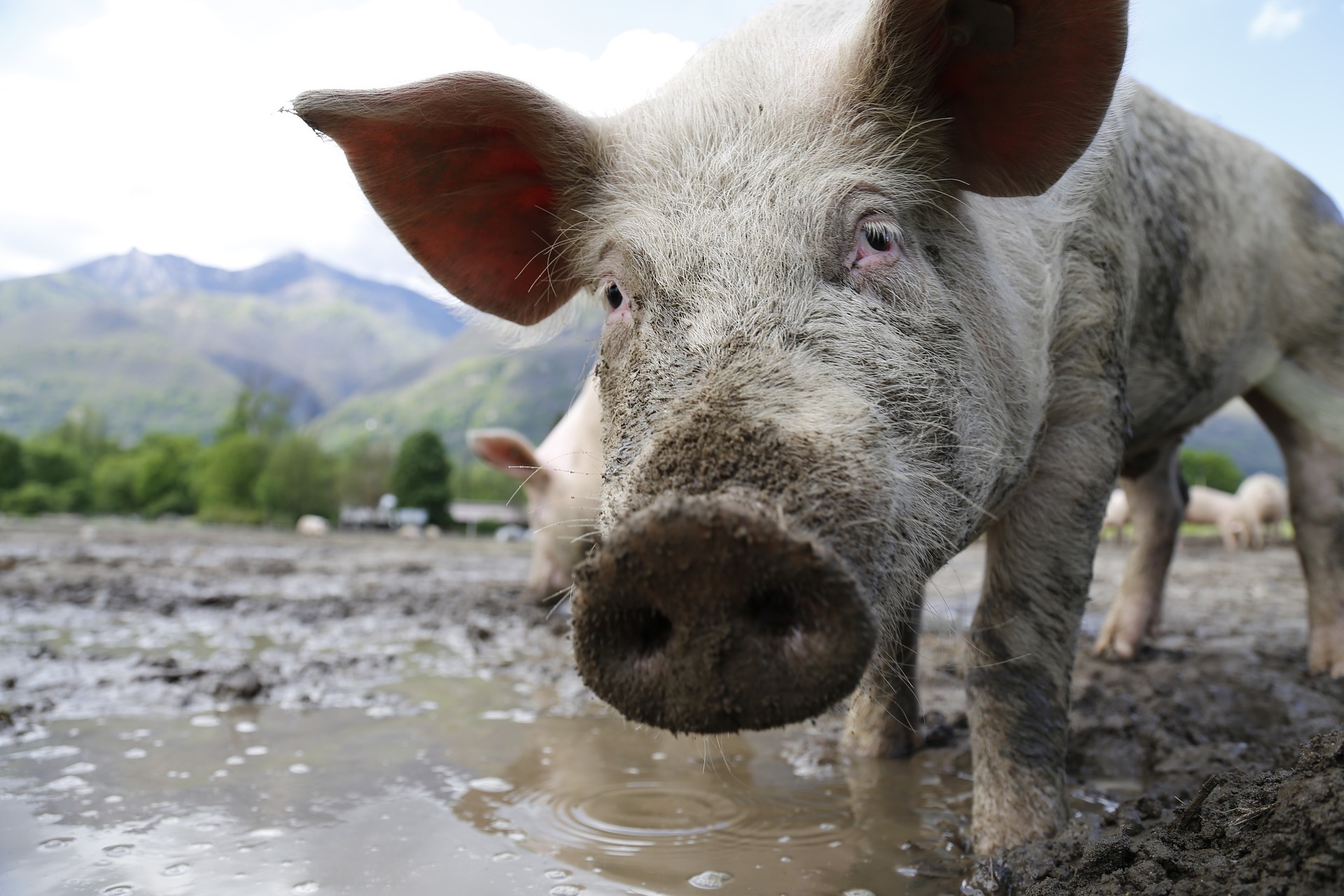 NEWS
NEWS
 NEWS
NEWS
 NEWS
NEWS
IBM Corp. is teaming up with Wal-Mart Stores Inc. and Tsinghua University to bring safer food to Chinese tables using blockchain technology as a guarantee.
China has developed an unenviable reputation for its poor quality food standards in recent years. The most famous incident was the notorious tainted milk scandal, where six infants died as a result of consuming baby formula contaminated with the chemical melamine. Other scandals include tales of dead pigs found floating in rivers being resold as fresh pork and restaurants recycling cooking oil after scooping it out of the sewers.
To prevent such incidents from happening again, Chinese authorities are turning to technology to give them better control over the manufacturing and supply chain of food products. The technology of choice is the blockchain, the distributed ledger, which they plan to use for authentication and record-keeping in supply chains to create a permanent record of every transaction.
“China’s rapid economic growth has led to massive opportunities for innovation, but it has also presented quality of life challenges, including ensuring that food sold in the country is safe to eat,” Professor Chai Yueting of the Tsinghua’s National Engineering Laboratory of Electronic Commerce Transaction Technology said in a statement.
To overcome that challenge, IBM, Wal-Mart and Tsinghua plan to use the blockchain to authenticate and keep records of every transaction in the food supply chain. They’re starting out with pork, one of China’s major staple foods and a product that can easily spoil if it’s not handled correctly at every step of the supply chain.
The idea is simple enough. The blockchain allows authorities to digitally track pork products all the way from the farm, through the slaughterhouse, onto the shops and finally into consumer’s kitchens. The technology will ensure that food items are digitally linked to data such as their farm of origin, batch numbers, factories, shipping details, expiration dates, storage temperatures and other relevant information. The data will be agreed upon by all parties in the network, and once entered into the ledger the record cannot be altered, thus ensuring accuracy and preventing fraud.
By the time the pork ends up on the store shelves, each individual product will have been authenticated with transparent and traceable data available for all to see. In addition, retailers will know they can trust the data when it comes to managing the shelf life of their products, helping to boost confidence in China’s wary consumers.
“Advanced technology has reached into so many aspects of modern life, but it has lagged in food traceability, and in particular in creating more secure food supply chains,” Bridget van Kralingen, senior vice president of industry platforms at IBM, said in a statement Wednesday. “Food touches all of us, everywhere, and ensuring the safety of what we eat is a global effort.”
Support our mission to keep content open and free by engaging with theCUBE community. Join theCUBE’s Alumni Trust Network, where technology leaders connect, share intelligence and create opportunities.
Founded by tech visionaries John Furrier and Dave Vellante, SiliconANGLE Media has built a dynamic ecosystem of industry-leading digital media brands that reach 15+ million elite tech professionals. Our new proprietary theCUBE AI Video Cloud is breaking ground in audience interaction, leveraging theCUBEai.com neural network to help technology companies make data-driven decisions and stay at the forefront of industry conversations.